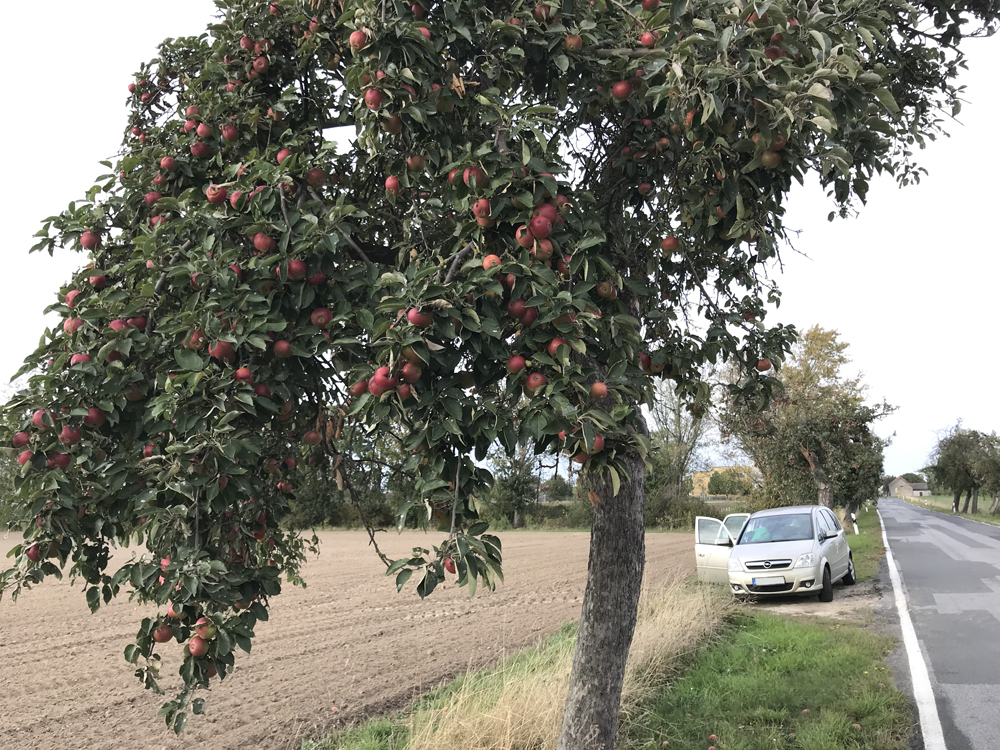The argument meant to keep me quiet
She is a lovely lady that I have known and respected for years. A few years ago she advised her childless daughter to adopt a child. And now she contacted me because of my book on adoption.
She asked me a few questions and so I started talking. But I soon realized that she didn't want to hear anything negative about adoption from me and kept interrupting me. And so there came the argument I've been waiting for, which I often hear (in different wording) from those who only want to see the positive side of adoption:
“But your case is particularly tragic. There are happy adoptions too. Every adoption is different.”.
First of all, I find that my case is not particularly tragic. I learned and read from many others with whom I certainly wouldn't trade places. But that is not the crucial point in this counter-argument of hers.
The bottom line is that she wants me to stop generalizing what I experienced. And so she can go on dreaming that adoption is not so bad for the child, for her grandchild, on the contrary: that it can even be happy about it.
Incidentally, the insidious thing about this argument is that there is also some truth to it: Of course, every adoption is different. I agree. But this does not only apply to adoptions, but to every life. Accordingly, one could never make general statements, even not about happy adoptions.
Now my counter-argument against this counter-argument. I'll use my favorite analogy: divorce. Yes, every divorce is different. But that doesn't mean that there are children who would be happy if their parents divorced (Even if they have seen that the parents are no longer getting along with each other and are therefore in favor of a divorce, they still long for the parents to love each other and to stay together). I dare to generalize: no child is happy about the divorce of their parents. And accordingly, no child will be truly happy to have been given away by its mother and separated from its first family. Just like I don't know anyone who is happy to step on dog dirt or lose their wallet. I dare to generalize.
But even if someone were to refute me now and there wasn't a single generally valid statement about adoption and someone should actually be happy to have stepped on dog dirt, I can still refute the counter-argument that "every adoption is different" in another way: Yes, every adoption is different in certain aspects, but also the same in certain aspects. This means that there is an intersection in all adoptions, sometimes larger, sometimes smaller. And because of this, adoptees will always find more understanding from other adoptees than from non-adoptes.
This is the only reason why self-help groups work so well, whether for cancer patients or partners of alcoholics or parents of highly intelligent children. They all come from different backgrounds and are in different situations, but they have a lot in common. Not everything, but a lot, in particular the problems.
But why didn't the nice lady want to hear anything negative about adoption? She told me. Indirectly. By repeatedly saying, when I told her something sad, "Oh, no, that hurts." Or "No, that's too hard." She didn't want to have anything to do with the child's pain. That got too close to her.
I've now realized that it's not worth trying to convince people like this lady. Wasted effort. In order to not get angry about it anymore (after all, she indirectly denies me the right to feel the way I do), I say to myself: What I'm telling and writing is just an offer. If you want, you can accept it. And if you don't want, you can keep dreaming. Just like this lady. She just can't expect me to hand her rose-colored glasses. In the future, I'd rather talk to her about the weather.
Write a comment
Comments
Top articles




